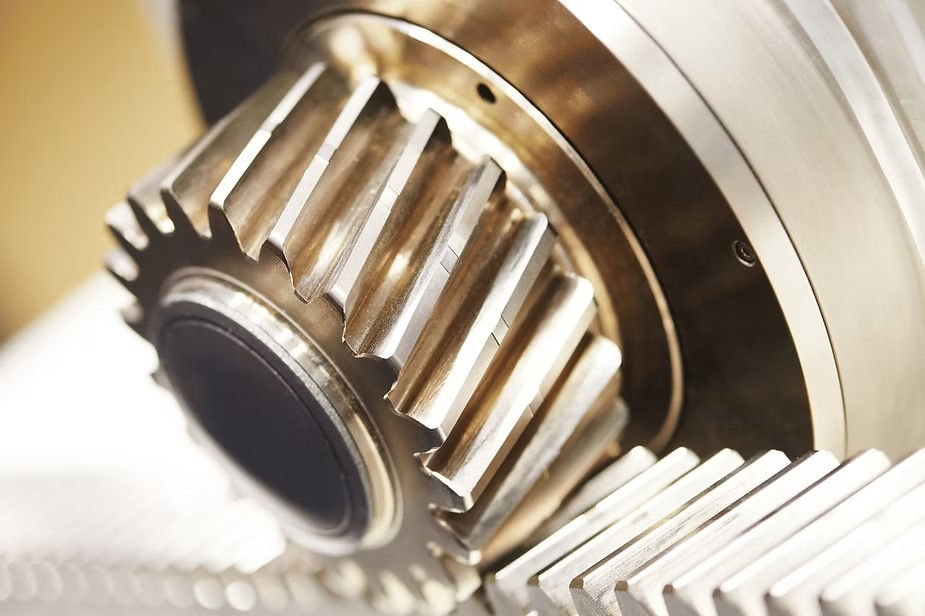Why Quality Matters in Choosing a Metal Fabrication Company
- Al Safeenah

- Sep 24, 2025
- 3 min read

In industrial manufacturing and construction, choosing the right metal fabrication partner can determine project success or failure. While cost often dominates procurement decisions, experienced engineers understand that quality fabrication is the foundation of reliable, long-lasting industrial systems.
The True Cost of Poor Quality
Premature Failure and Downtime Substandard welding, improper material selection, or inadequate finishing leads to catastrophic failures in critical applications. A poorly fabricated component might function initially but fail under operational stress, causing expensive downtime and safety hazards. Emergency repair costs and lost production time often exceed initial savings from cheaper fabrication services.
System-Wide Problems In complex industrial systems, one poorly fabricated component affects entire assemblies. Dimensional inaccuracies cause misalignment issues that propagate through mechanical systems, leading to premature wear, vibration problems, and reduced overall efficiency.
Compliance Issues Poor quality work results in failed inspections, project delays, and regulatory compliance problems. More critically, substandard fabrication creates safety risks that expose organizations to liability.
Quality Indicators to Evaluate a Metal Fabrication Company
Welding Excellence Superior fabricators employ certified welders who understand various welding processes and applications. Quality welding requires proper heat input control, appropriate filler materials, and consistent penetration. Visual inspection should reveal uniform bead appearance, while non-destructive testing confirms structural integrity.
Precision and Tolerances High-quality fabrication maintains tight dimensional tolerances consistently. This requires sophisticated measuring equipment, skilled operators, and robust quality control processes. Precision fabrication ensures proper fit-up during assembly and optimal service performance.
Material Expertise Quality fabricators understand material properties and select appropriate grades for specific applications. They maintain proper material traceability, prevent contamination through correct storage, and understand how processing affects material characteristics.
Surface Preparation Proper surface preparation is essential for coating adhesion and corrosion resistance. Quality fabricators understand the relationship between surface profile, cleanliness, and coating performance, employing appropriate techniques and environmental controls.
Advanced Capabilities That Matter
CNC Integration Modern fabrication requires precision machining capabilities. Quality fabricators utilize CNC equipment for accurate cutting, drilling, and shaping, ensuring consistency across components and enabling complex geometries.
Quality Management Systems ISO 9001 certification indicates commitment to consistent quality through documented procedures, regular equipment calibration, and continuous improvement. Quality fabricators maintain detailed records for traceability and warranty support.
Testing and Inspection In-house non-destructive testing capabilities, including ultrasonic inspection and radiographic examination, demonstrate commitment to quality verification. Advanced fabricators also perform mechanical testing to validate material properties.
Long-Term Partnership Benefits
Quality fabricators provide engineering support during design development, offering value engineering suggestions that improve manufacturability while maintaining performance. They maintain comprehensive documentation, meet delivery schedules reliably, and invest in continuous improvement.
Making the Right Choice
Evaluate fabrication partners through facility assessments, certification reviews, and reference project analysis. While initial cost is important, total cost of ownership over the component's lifecycle often favors quality fabrication through reduced maintenance costs, extended service life, and improved reliability.
Quality fabrication provides intangible benefits including reduced project risk, improved safety performance, and enhanced reputation – factors that contribute significantly to project success.

Conclusion
Quality in metal fabrication is fundamental for successful industrial projects. The difference between adequate and exceptional work affects safety, reliability, and overall project outcomes. Organizations prioritizing quality in fabrication selection consistently achieve better results and reduced lifecycle costs.
As a leading Machine Fabrication Company, Al Safeenah combines advanced fabrication capabilities with rigorous quality standards to deliver reliable, high-performance solutions for critical industrial applications.







Comments